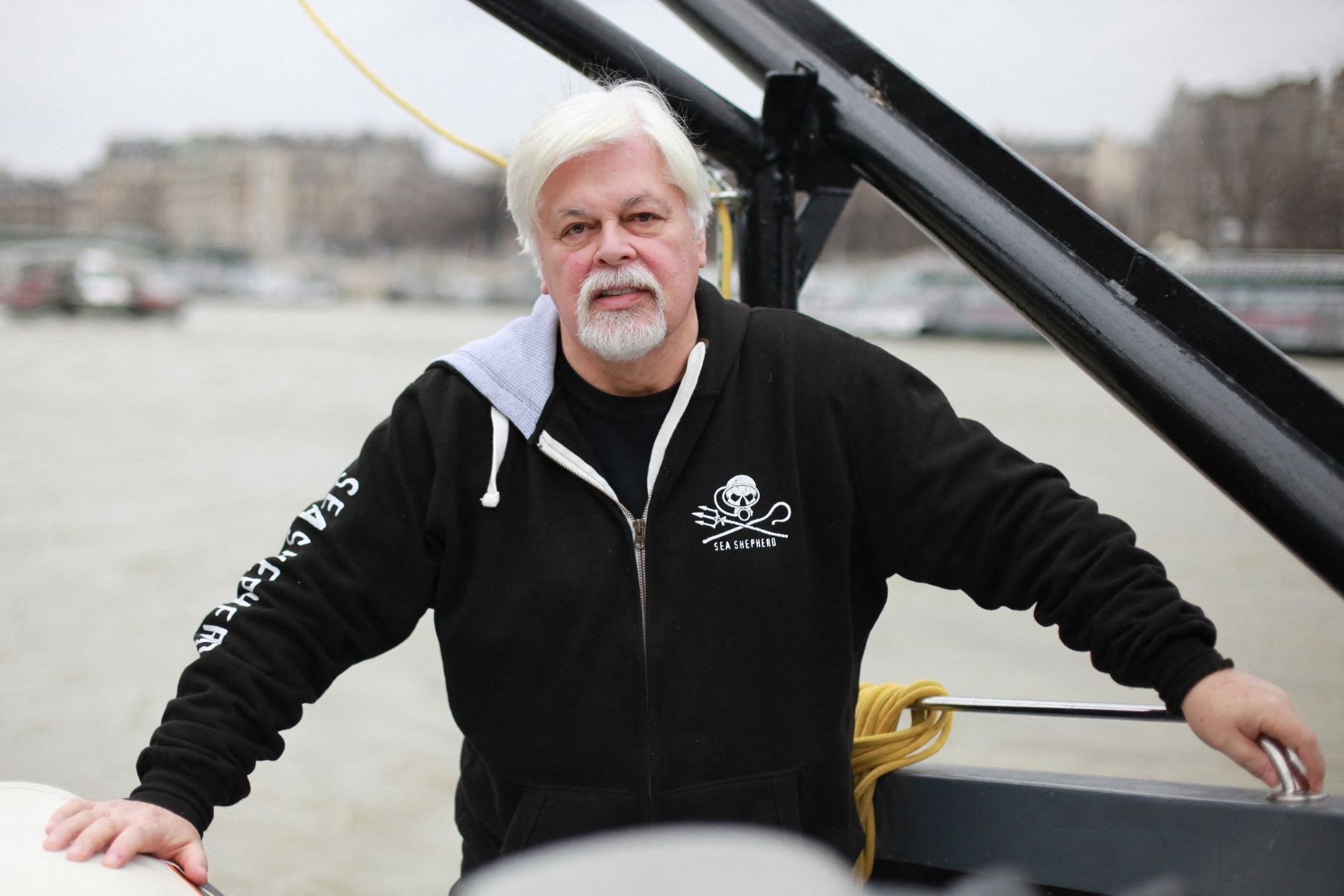Update 11/14/2024
Paul Watson’s fifth request for release has been rejected.
Once again, the Nuuk court refused to release the ocean defender on Wednesday November 13. Paul Watson will therefore remain in detention until December 4, 2024 “in order to ensure his presence in the extradition process”, said the police in a statement. Paul Watson has appealed this decision to the Nuuk court.
The prosecutor in charge of the case, Mariam Khalil, said that if Denmark did not grant the extradition request, “there would be no further grounds for detention and [Paul Watson] would be released as soon as possible”.
The Danish Ministry of Justice, which recently received the opinions of the Greenland police and the Directorate General of Public Prosecutions on the extradition request, has not indicated when it will make its decision.
This represents a new status quo, as the whale defender has been in detention for over 100 days, and his application for French nationality has not yet been accepted. The next hearing will take place on December 2, his birthday.
Background:
Paul Watson was arrested on July 21, following an Interpol Red Notice issued by Japan, accusing him of attacking one of its whalers and the sailors aboard. Although video footage proves that there was no violence on Paul Watson’s part, the Danish judge has so far refused to see it.
Since his detention last July, five of his requests for release have been rejected. Denmark is currently refusing to release him, or to rule on his extradition to Japan. If validated, the whale defender could face up to 14 years in prison, where he could spend the rest of his life.
Fearing this extradition decision, Paul Watson has applied for political asylum in France, even though he lives in France when he’s not at sea, and is married there.
“By intimate choice, France became my home port”.
This political asylum is the ocean defender’s last hope of avoiding extradition to Japan, even if Denmark condemns him.
“Unless my journey comes to a tragic end, I hope to be able to continue it as a French citizen, constantly alerting us to the urgent ecological issues of our time and working to reconnect us to this ocean from which we all originate and on which we all depend.”
Most of the messages of support Paul Watson receives come from France, and Emmanuel Macron called for his release at the start of his detention.
Paul Watson’s lawyer, François Zimeray, believes that granting his client French nationality would be “a strong message” that “can only reinforce the message the French authorities are trying to send to the Danes”.
If France agrees to grant Paul Watson French nationality, it will have a say and political and legal weight in the extradition negotiations. However, this request for asylum is fraught with difficulties: the applicant must normally be on French territory to request political asylum.
The French Minister for Ecological Transition, Agnès Pannier-Runacher, has indicated that France will appeal to Denmark for Paul Watson’s release.
France has a great responsibility and a role to play in saving the man who has saved thousands of whales. By agreeing to naturalize Paul Watson, France is positioning itself as an important player in the defense of the oceans.
The Veeweyde team
